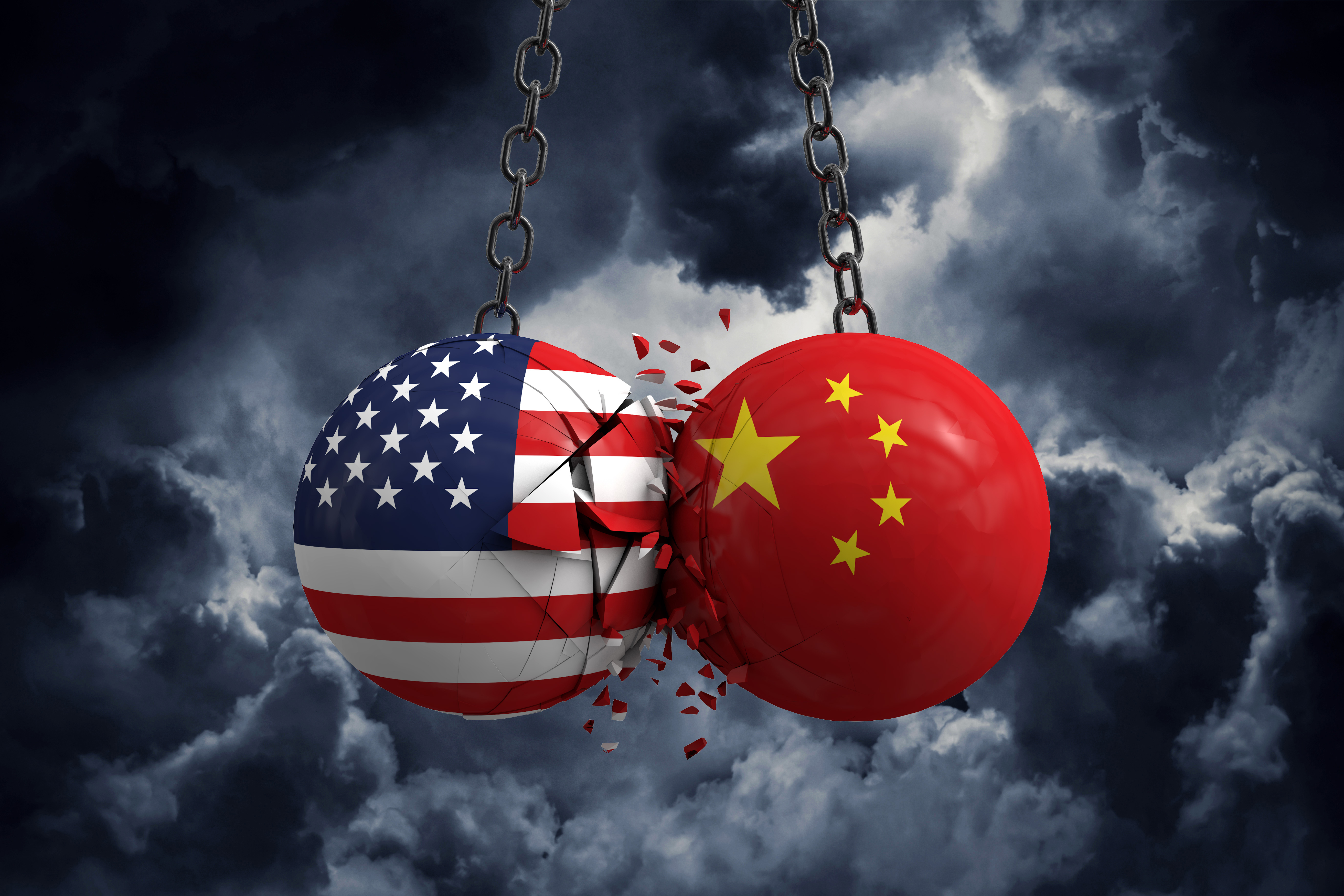
Posted October 03, 2023
By Ray Blanco
The Tech Trade War Triathlon
America’s technology space race with China is now officially a triathlon.
The United States has seen their tech trade war with China ramp up with the recent emergence of powerful generative AI technology. This was on top of the high-stakes battle for the precious metals used to make batteries for electric vehicles, such as lithium and nickel.
Now a third leg of the race has emerged…
Quantum computing.
A lot like artificial intelligence, gaining an edge in developing powerful quantum computers would give the winner major advantages in military and surveillance systems, something that the United States has long tried to prevent China from doing by limiting their access to high-end hardware.
While artificial intelligence has seemingly unlimited potential, there is one major concern that quantum supremacy carries with it that makes it an even more urgent competition: national security.
Specifically, encryption technology. Most commonly accepted encryption standards rely on the generation of large prime numbers due to their difficulty to calculate using standard computing. Traditional computers would only be able to brute force decryption, testing one possibility after another, which could take years. Possibly even centuries.
A quantum computer, however, can actually calculate these complicated equations using formulas only possible using their multistate qubits as opposed to single-state binary bits. What would have taken a century or more to calculate could be done in only minutes using quantum computing.
The ramifications of this are enormous.
If one country pulls far enough ahead in their development of quantum computers, they would not only have an impenetrable cybersecurity wall, but they would also effectively have a skeleton key for anyone else’s encrypted systems.
The good news is that the United States has already established an early lead in the development of quantum computing technology. IBM launched its 433-qubit Osprey quantum computer last year and plans to release the 1,121-qubit Condor later in 2023.
Meanwhile, the 1,000-qubit benchmark is a goal that China has set for itself to reach in 2025.
Strange Bedfellows
Over the past two presidential administrations, America has pressed its advantage in both AI and quantum computing technology by banning exports of supercomputers, high-end semiconductors and the equipment used to make them.
In August of this year President Biden signed an executive order banning U.S. firms from investing in or funding the development of China’s semiconductor and quantum computing sectors.
These moves have given China no option but to form their own independent quantum computing supply chain.
Which is exactly what they are attempting to do.
Origin Quantum, the Hefei-based company behind the promise of a 1,000-qubit computer by 2025, is the driving force behind China’s development of quantum computing technology.
The local Chinese government controls a majority share in Origin Quantum and they are driving the company hard to make up ground in the field of quantum computing.
China has shown a concerning amount of success recently in creating independent tech ecosystems. Earlier this year they surpassed Japan as the world’s leading automobile exporter mostly because of their independent sourcing of the materials needed to produce electric vehicles.
They also successfully launched the Huawei Mate 60 Pro smartphone, an all-Chinese made iPhone alternative.
When the stakes are as high as they are with quantum computing, no lead is comfortable. Especially when dealing with a country that has already shown the ability to power through trade sanctions. So additional steps are needed to secure quantum computing dominance.
Following the launch of their National Quantum Mission, India was invited to join the United States in the Quantum Entanglement Exchange and in the Quantum Economic Development Consortium.
This is part of a greater scientific partnership between the two countries hoping to also advance space exploration and biotechnology.
This partnership makes the contest for quantum computing supremacy a competition involving the world’s three most populous countries, accounting for 40% of the total population.
The scope of this new technological space race is enormous. Often using the term “arms race” can be an exaggeration when countries are scrambling to pull ahead in developing a new technology, but it may actually be selling the importance of quantum computing short.
The national security implications are as dire as anything we’ve seen since the development of nuclear weapons.
With the stakes as high as they are and with so much of the world economy represented in the rapid development of this technology, the amount of money that will be pouring into quantum computing will be close to unlimited.
While it may be hard to imagine all of the potential applications and implications of artificial intelligence over the coming years, it still may not reach the same urgency as quantum computing for one major reason…
You absolutely can imagine the implications of quantum computing supremacy.
With that, we’d like to hear your thoughts. Are you concerned about China’s development of quantum computing technology? What do you think would happen if they took the lead? Share your thoughts at feedback@technologyprofits.com.

